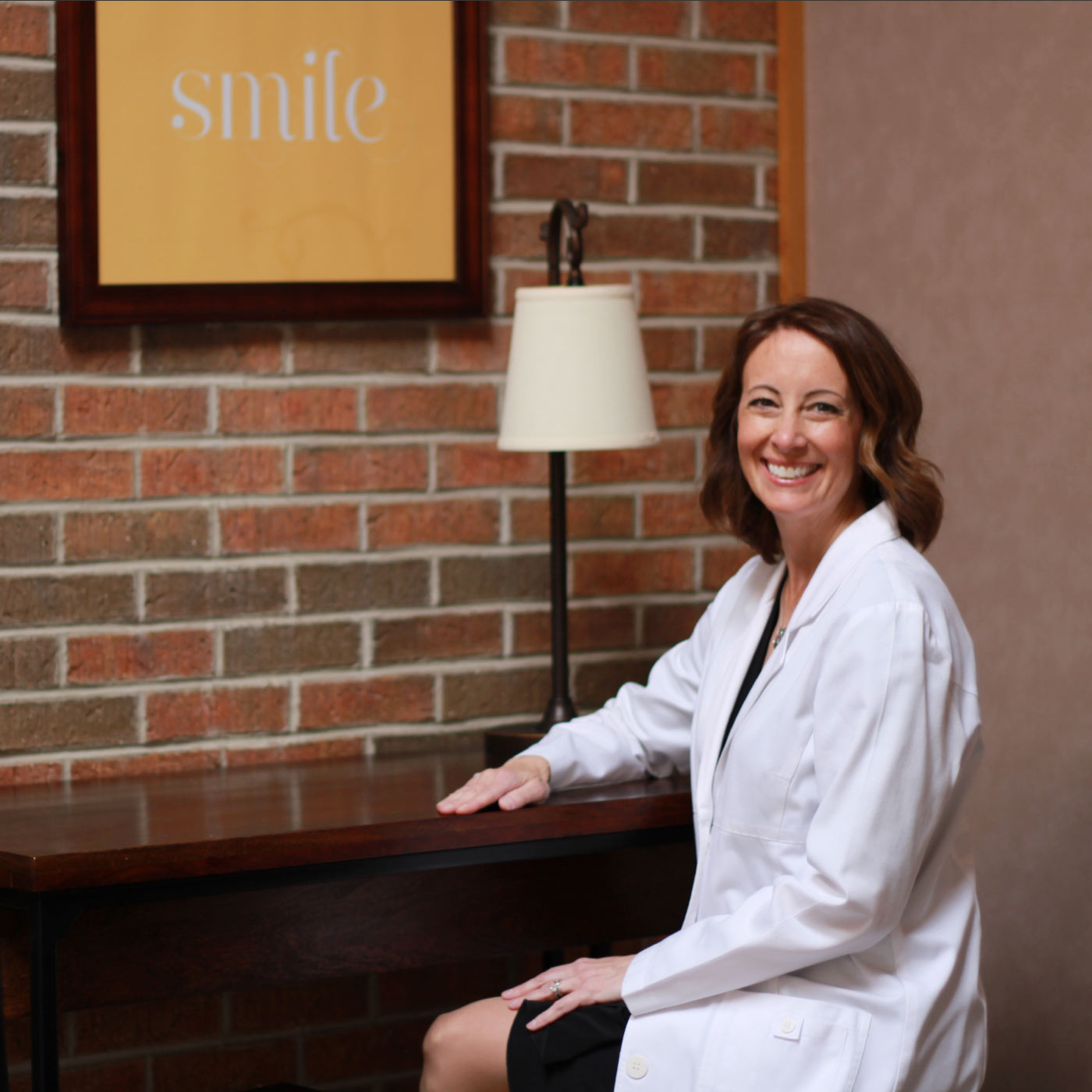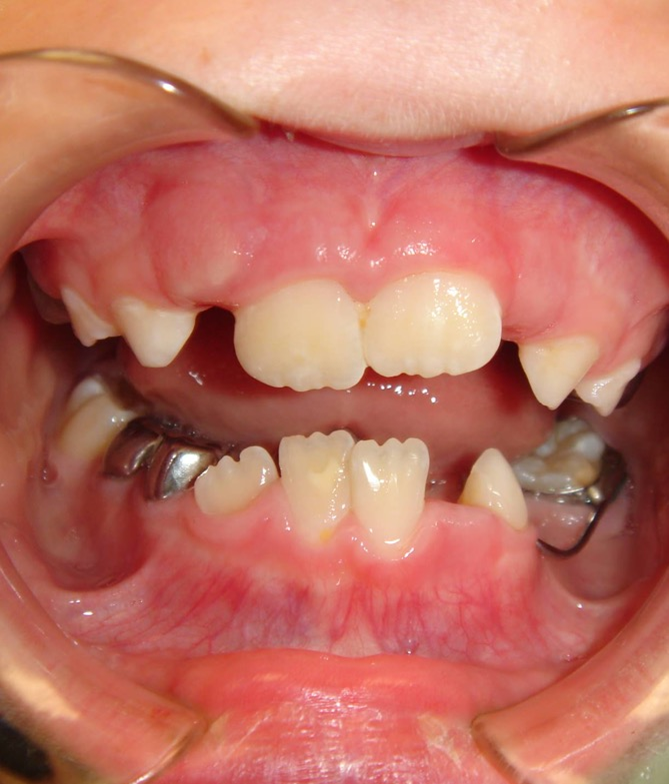Are you seeking ways to infuse greater fulfillment into your dental practice?
Frustrated by recurring issues in some patients with
limited solutions at hand?
Having trouble translating sleep screening data into actionable care steps for your patients?

With her extensive knowledge and expertise, she can shed light on these issues, empowering you to take your dental practice to new levels of satisfaction. With her guidance, you'll become adept at effectively tackling recurring patient problems and maximizing the benefits of sleep screenings.
Dr. Murphy's own transformation to a holistic dentistry approach has been nothing short of extraordinary, leading to remarkable improvements in her practice, well-being, and overall health. Now, she's eager to embark on this transformative journey with you, navigating these challenges together and cultivating a dental practice that is not only successful but also deeply rewarding.
Dr. Catherine Murphy mentors and/or works with a wide range of healthcare professionals (from dentists to physicians to speech pathologists) in the following topic areas (and more):
- Learn how to implement a holistic approach to improve patient care and treatment outcomes
- Recognize how holistic differs from traditional objectives in orthodontic treatment
- Understand the correlations between proper breathing, sleeping, eating and overall health
- Discover the importance of addressing malocclusion during childhood
- Distinguish between correct and incorrect oral posture during rest
- Discuss the symptoms and treatment options for orofacial myofunctional disorders
- Recognize the indications of tethered oral tissues and their impact on treatment plans
- Identify the detrimental biological effects of sodium fluoride and explore safer alternatives
- Define high-risk populations for amalgam fillings and provide recommendations for removal
- Explore holistic approaches to pain management
- Analyze and evaluate nutrition guidelines

- Crooked teeth
- Thumb/finger/tongue sucking habit, past or present
- Clenching and/or grinding of teeth, past or present
- Mouth breathing, daytime and/or nighttime (includes snoring) which may lead to:
- Halitosis (bad breath)
- Increased caries rate (cavities)
- Red/puffy/swollen gingiva (gums)
- Irritated tonsils
- Increased sensitivity to allergens
- Poor sleep habits, including awakening during the night or bed wetting
- Poor daytime concentration
- Messy and/or loud eating
- Long face appearance
- Decreased athletic ability - TMJ/TMD
